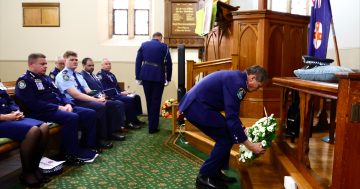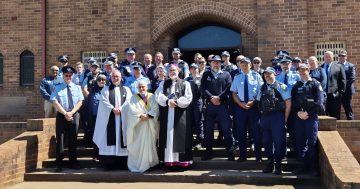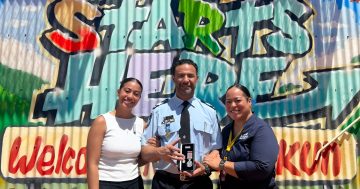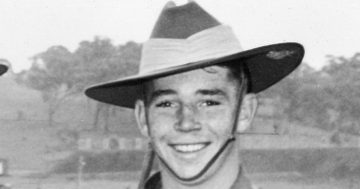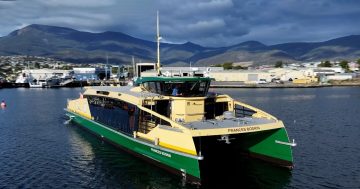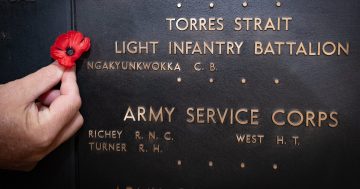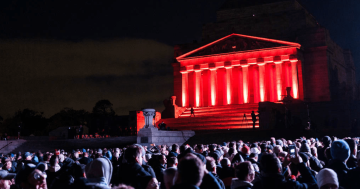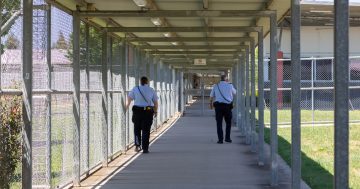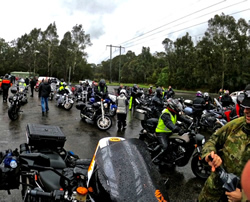 Corrective Services NSW (CSNSW) staff who were killed on duty and those who dedicated their lives to protecting others were honoured last week on Corrective Services NSW Remembrance Day (26 November).
Corrective Services NSW (CSNSW) staff who were killed on duty and those who dedicated their lives to protecting others were honoured last week on Corrective Services NSW Remembrance Day (26 November).
Marking the occasion, Minister for Counter Terrorism and Corrections, Anthony Roberts said the annual event, held on the last Friday in November, also marked the lives of staff who had died from other causes while still employed and those who passed away after retiring.
Mr Roberts said the Day was an opportunity for staff and families to unite and reflect on the lives of those who had worked relentlessly to keep others safe.
“We pause to remember the tragic loss of our colleagues, including those who paid the ultimate sacrifice while on duty,” he said.
Mr Roberts said flags were flown at half-mast at the State’s 35 prisons and the COVID-safe main service was streamed live from the Brush Farm Corrective Services Academy cenotaph in Sydney.
The Minister said around 150 motorcyclists participated in the third CSNSW Remembrance Day Ride, from the Academy to Shortland Correctional Centre in Cessnock.
Acting Commissioner of CSNSW, Kevin Corcoran said CSNSW Remembrance Day was a significant day on the CSNSW calendar.
“It’s important everyone has the opportunity to honour our colleagues, whether they’re part of a small regional community corrections office, or a major metropolitan correctional centre,” Mr Corcoran said.
“My thoughts are with every correctional officer past and present, and their loved ones on what is a very emotive, but powerful day for all.”
The Acting Commissioner said the occasion demonstrated how each loss hit the CSNSW family hard.
“We reflect on those who dedicated their lives to keeping communities safe, working tirelessly behind prison walls or in offices,” he said.
“Seeing so many riders from across NSW unite and file out of Brush Farm past the honour guard is a truly humbling and moving moment.”
Mr Corcoran said 12 officers had died in the line of duty over the past 179 years, including Henry Kingsmill Abbott at Parramatta in 1842; Thomas Craig at Berrima in 1862; John Carroll at Braidwood in 1867; George Spinks at Windsor in 1869; John Sutherland Brown at Cootamundra in 1908; Alan Cooper at Bathurst in 1958; Albert Hedges at Berrima in 1959; Cecil Mills at Emu Plains in 1959; Willy Karl Faber at Parramatta in 1978; John Colin Mewburn at Long Bay in 1979; Geoffrey Pearce in 1997; and Wayne Harold Smith in 2007.


